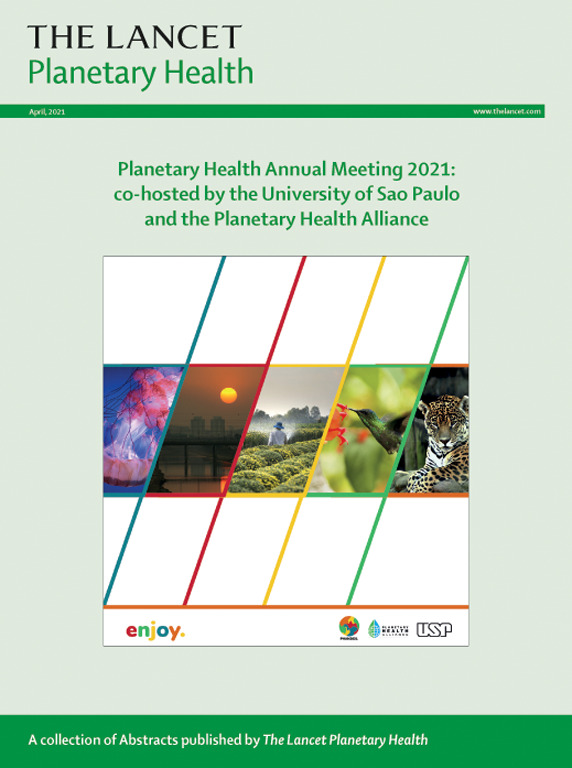清除全球经济中的铅
IF 24.1
1区 医学
Q1 ENVIRONMENTAL SCIENCES
引用次数: 0
摘要
铅是一种对无数生物过程具有毒性的元素,它天然存在于地球岩石圈中,并在地表的生物圈中被地质封存。当人类将铅从岩石圈中移出并在整个经济中传播时,铅的毒性效应就会影响到整个生命网络。铅的开采和制造是一个产生巨大危害的小型产业。铅会损害微生物、昆虫、植物和动物的生长、发育和繁殖。铅暴露每年给人类造成的损失包括:500 万至 500 万成年人因心血管疾病而过早死亡,以及因铅损害儿童认知发展而给全球经济造成的 1 万亿至 4 万亿美元的损失。尽管铅工业将铅吹捧为回收利用率最高的金属,但大多数回收利用都发生在无力执行环境法规的国家。每年有数百万公吨的铅散落到环境中,主要集中在低收入和中等收入国家。铅在经济中的替代品是存在的,我们应从地球和人类健康的最大利益出发,在 2035 年前消除全球经济中的铅。本文章由计算机程序翻译,如有差异,请以英文原文为准。
Removing lead from the global economy
Lead, an element toxic to countless biological processes, occurs naturally in the earth's lithosphere and is geologically sequestered from the biosphere at the earth's surface. When humans remove lead from the lithosphere and distribute it throughout the economy, its toxic effects impact throughout the web of life. Lead mining and manufacturing is a small industry that generates enormous harms. Lead impairs the growth, development, and reproduction of microbes, insects, plants, and animals. The annual human costs of lead exposure include 5·5 million premature adult deaths from cardiovascular disease and US$1·4 trillion in losses to the global economy from lead impairing children's cognitive development. Although the lead industry touts lead as the most recycled metal, most recycling occurs within countries that are incapable of enforcing environmental regulations. Millions of metric tonnes of lead are dispersed into the environment each year, disproportionately in low-income and middle-income countries. Substitutes for lead in the economy are available and we should act in the best interests of the planet and human health by eliminating lead from the global economy by 2035.
求助全文
通过发布文献求助,成功后即可免费获取论文全文。
去求助
来源期刊

Lancet Planetary Health
Multiple-
CiteScore
28.40
自引率
2.30%
发文量
272
审稿时长
8 weeks
期刊介绍:
The Lancet Planetary Health is a gold Open Access journal dedicated to investigating and addressing the multifaceted determinants of healthy human civilizations and their impact on natural systems. Positioned as a key player in sustainable development, the journal covers a broad, interdisciplinary scope, encompassing areas such as poverty, nutrition, gender equity, water and sanitation, energy, economic growth, industrialization, inequality, urbanization, human consumption and production, climate change, ocean health, land use, peace, and justice.
With a commitment to publishing high-quality research, comment, and correspondence, it aims to be the leading journal for sustainable development in the face of unprecedented dangers and threats.
 求助内容:
求助内容: 应助结果提醒方式:
应助结果提醒方式:


